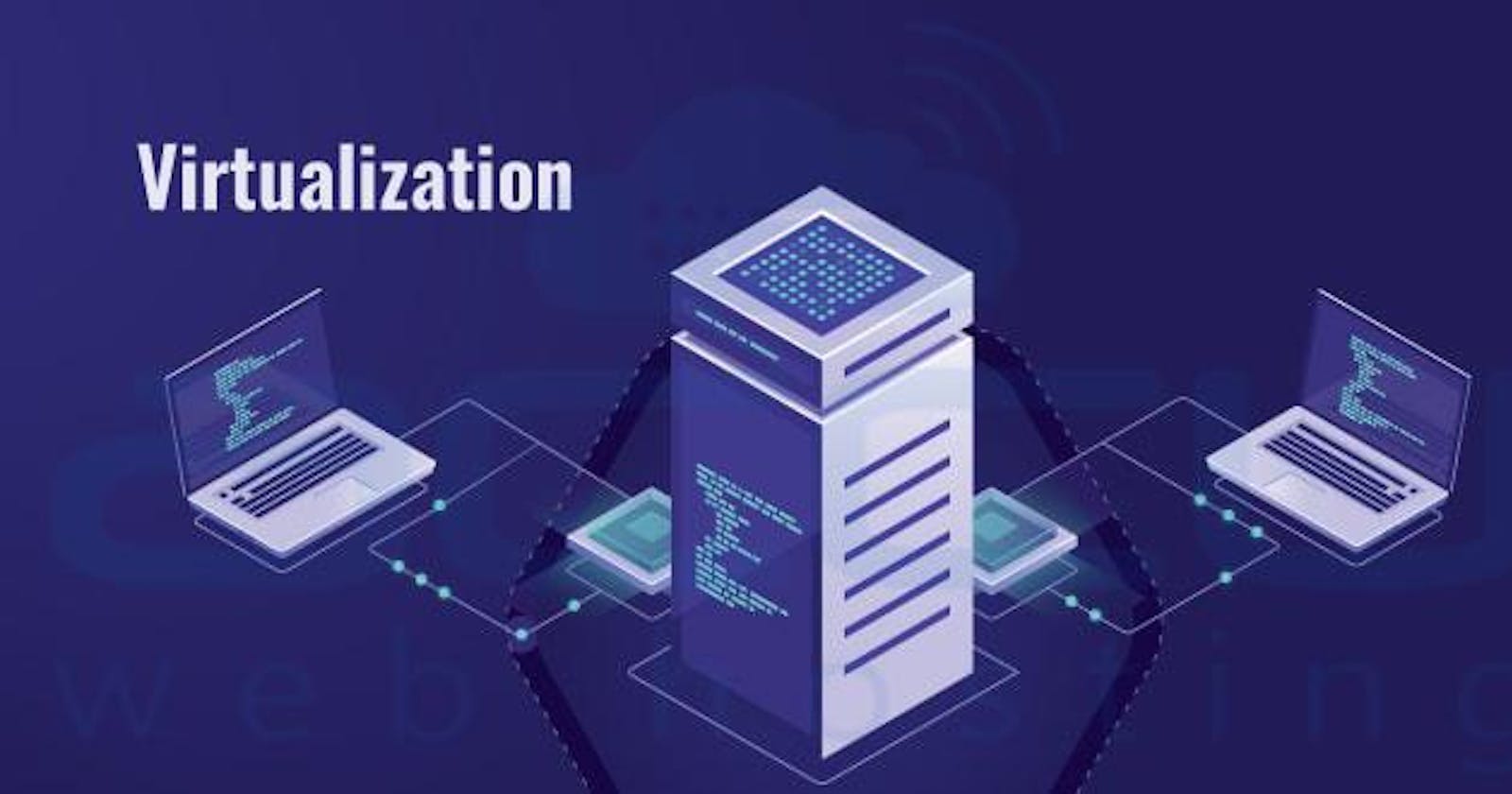Introduction
Not long ago, the way we used computers was very different. When we wanted to run apps or services, we had to use separate physical servers that were kept in isolated data centers. Each server was only used for one service, which meant that a lot of the server's power was wasted and not used efficiently. But then, something amazing happened - a new technology called virtualization came along and changed everything. This technology completely transformed how we do computing. In this blog, we'll talk about virtualization and how it allows us to do something incredible: run many different operating systems all at once on just one computer.
Life Before Virtualization
Back in the day, the way we managed computing resources was relatively straightforward. Each application or service required its own dedicated physical server. These servers were housed in data centers, isolated from one another. For example, if a company had five different services, it would need five separate servers, even if those servers were not fully utilized most of the time. This approach led to high costs, inefficiency, and a lot of wasted computing power.
What is Virtualization?
Virtualization is a revolutionary technology that changed the game completely. It allows us to create virtual environments on a single physical machine, effectively running multiple "virtual" computers simultaneously. These virtual computers, known as Virtual Machines (VMs), can run independent operating systems and applications, just like individual physical servers. The virtualization layer that enables this magic is known as a hypervisor.
What is VMWare?
VMware is one of the pioneers in the virtualization industry. They offer a suite of virtualization products that allow organizations to create and manage VMs efficiently. With VMware, users can run various operating systems on the same physical computer without any interference, providing a flexible and cost-effective solution for businesses and individuals alike.
Terminologies
Host OS: The Host Operating System (Host OS) refers to the main operating system installed directly on the physical computer or server. It acts as the foundation on which the virtualization software is installed.
Guest OS: A Guest Operating System (Guest OS) is an operating system that runs within a Virtual Machine. These guest operating systems can be different from the host OS and from each other. For example, you can run Windows as the host OS and have multiple VMs with Linux, macOS, and other operating systems as guests.
Virtual Machine: A Virtual Machine (VM) is a software-based emulation of a physical computer. It acts as a self-contained unit with its own operating system, applications, and resources. Multiple VMs can coexist on the same physical machine, thanks to the virtualization technology.
The Power of Virtualization
The great thing about virtualization is that it can break the old rule of one service for each physical server. With software like VMware, businesses can put many virtual machines (VMs) on just one physical machine. This means they can use their resources better, save money on hardware, and have an easier time managing everything.
Benefits of Virtualization
Cost Savings: Virtualization enables businesses to optimize their hardware usage, leading to significant cost savings on server procurement, maintenance, and power consumption.
Improved Efficiency: By running multiple VMs on a single server, organizations can efficiently utilize computing resources, minimizing wasted capacity.
Flexibility: Virtualization allows users to create, deploy, and scale VMs quickly and easily, providing the flexibility to adapt to changing business needs.
Disaster Recovery: VMs can be easily backed up and restored, enhancing disaster recovery capabilities compared to traditional physical servers.
Conclusion
Virtualization has changed the way we use computers a lot. Before, each server could only do one thing, but now we can do many things better. VMware is one of the technologies that help us use our computers to their fullest potential. We can run different operating systems at the same time, making things more efficient and cost-effective. Whether you're a business owner or someone who loves technology, it's time to use virtualization and make your computer experience even better.
